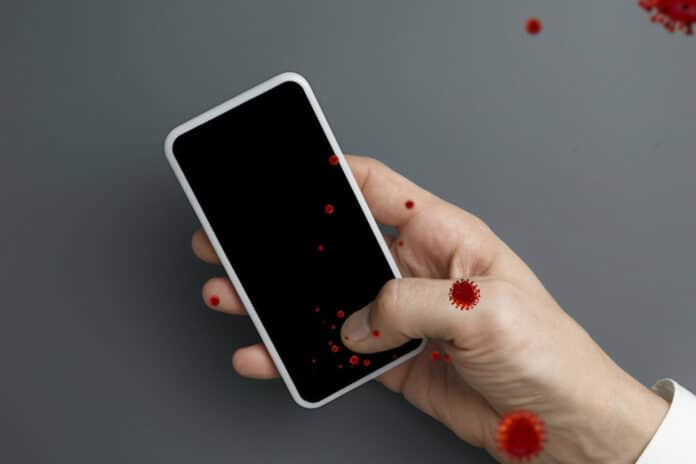Age is a major risk factor for almost every disease, including cancer. An individual’s risk of having cancer increases by 4,000% between the ages of 25 and 65. A new study looks into a “fingerprint” in cells linked to cancer and aging to see whether researchers can detect who is at risk before cancer starts.
Researchers were aware of a link between aging and cancer. However, they needed a greater understanding of the main characteristics of aging that could provide information about disease risk. DNA methylation (DNAm) is a biological process in which the molecules linked to the DNA molecule change. A previous study found cellular DNA alterations related to aging and cancer risk.
CellDRIFT is a cell model developed by a Yale-led team that isolates a DNA signal or fingerprint related to aging and cancer to understand better how it drives disease. After analyzing clinical tissue samples, they discovered that CellDRIFT increases in cancer patients’ aging, malignant, and even normal tissues. The findings paint a clearer picture of unseen sequential steps inside cells, eventually leading to cancer. They may pave the path for earlier cancer detection.
The new study discovered that CellDRIFT is increased in aging tissues, malignant tissues, and even normal tissues from cancer patients. The findings paint a clearer picture of unseen sequential steps inside cells, eventually leading to cancer. They may pave the path for earlier cancer detection. On July 19, the researchers published their findings in Science Advances.
Minteer said, “We were able to show that we can isolate a signal associated with aging and also is known to be important in cancer.”
A new study investigated the link between cancer risk and cancer tissue type. The authors were particularly intrigued by the idea that the longer we live, the more years we have to accrue potential ‘poor luck experiences’ that could be driven towards a particular outcome over time.
The Yale team that conducted the new study believed that an individual’s risk of cancer involves factors other than pure bad luck and became interested in looking at measurable environmental influences that could contribute to cancer and help researchers make better-informed predictions about cancer risk.
The researchers from Yale University analyzed clinical tissues to investigate the link between CellDRIFT and cancer outcomes. They discovered that malignant tissues had a higher CellDRIFT than healthy control tissues by analyzing thyroid, breast, lung, pancreatic, and colon tissues. They also observed a substantial association between the signal and survival using data from a breast cancer cohort, correlating CellDRIFT with poorer health outcomes and perhaps helping researchers anticipate how aggressive a particular tumor is.
The researchers biopsied healthy tissue three centimeters away from breast cancer patients’ tumors. Surprisingly, they discovered higher CellDRIFT in healthy tissue than in healthy individuals’ control tissue. Finally, the scientists obtained 29 tissue types from four post-mortem patient donors to further understand variances in CellDRIFT among samples. They discovered strong relationships between CellDRIFT, cancer incidence, and stem cell division rates.
He said, “We were able to add context to the 2015 study that proposed that different tissue types have different cancer risks,” “We were able to show that there’s more to cancer risk than random variation from stem cell mutations.”
Researchers hope that the study may help scientists better understand how to prevent the beginning of chronic diseases associated with aging, such as cancer, and thereby help individuals live longer healthier lives.
Journal Reference:
- Kyra Thrush, John Gonzalez, et al.More than bad luck: Cancer and aging are linked to replication-driven changes to the epigenome. Science Advances. DOI: 10.1126/sciadv.adf4163
